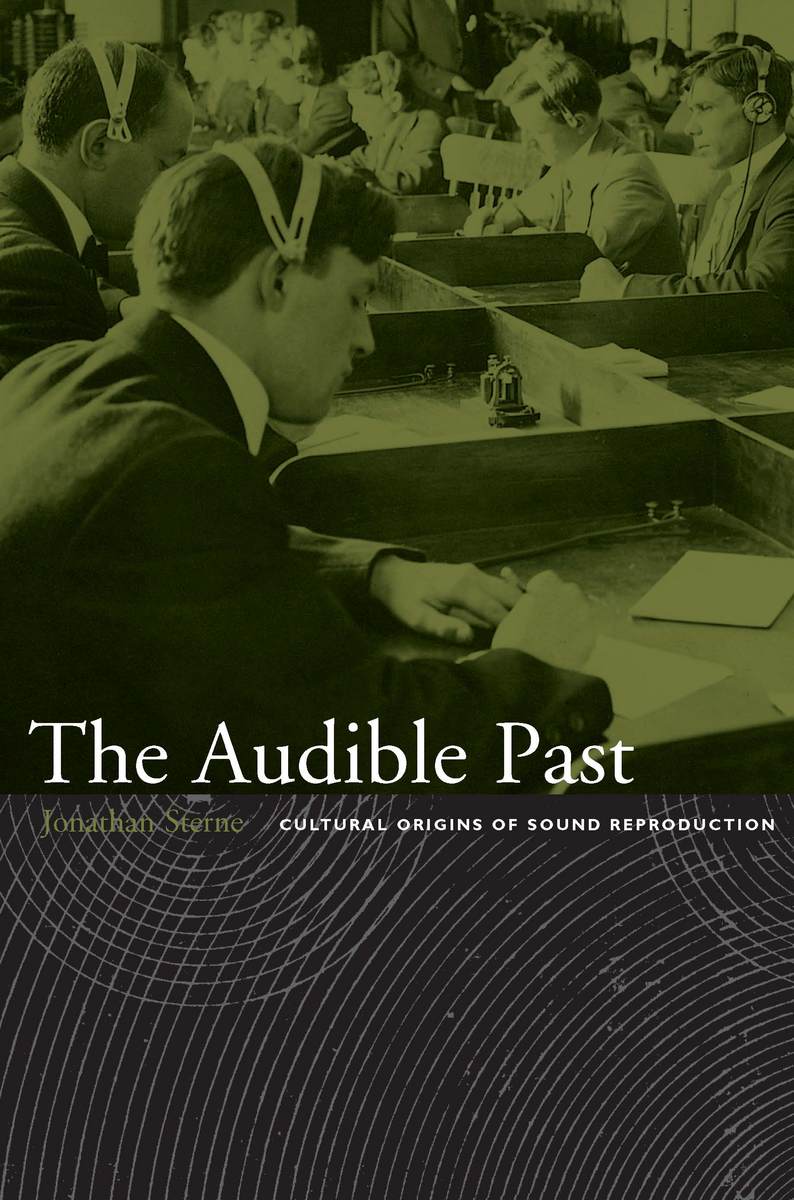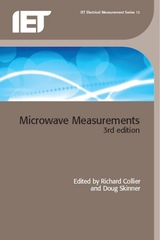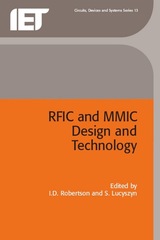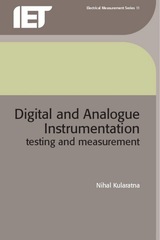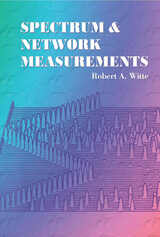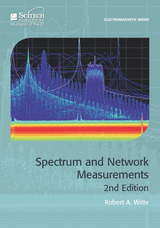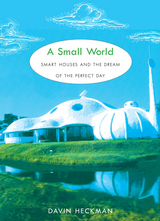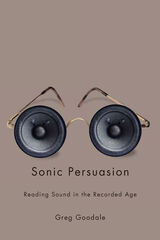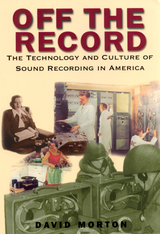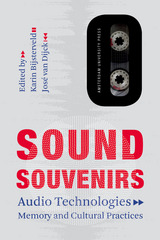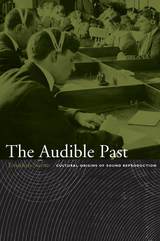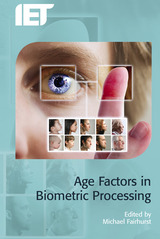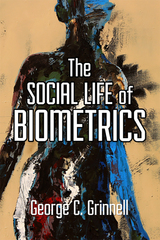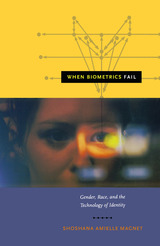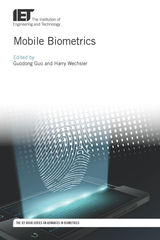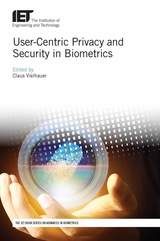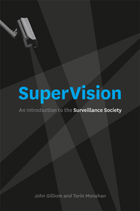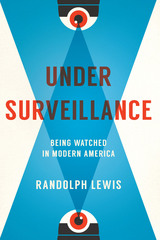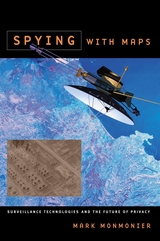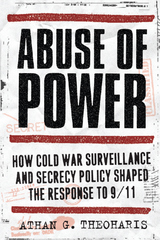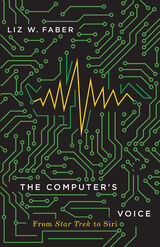"[Sterne’s] prose moves gracefully and nimbly beneath the academic robes. . . and the topic is so intimately connected to the way we experience the world around us that it can’t help resonating. . . . Forget what you think you know about ours being a visual culture, in which sight is the privileged sense." - Ruth Walker, Christian Science Monitor
"[A] stimulating and provocative work. . . . Sterne excels as a writer. . . . [T]his book will amply reward readers who want a broader perspective on the culture of sound. Sterne's book will no doubt reach the wide readership it deserves." - David Hochfelder, Business History Review
"[P]rovocative. . . . Sterne breaks new ground, focusing on the need to understand sound and listening as issues of history." - Leon Botstein, Los Angeles Times
"[M]eticulously researched. . . . One of the book's most significant achievements is that it revisits a fairly well-worn territory, finds a new and noteworthy story to tell about that territory, and manages to open up a sizable vein of important, yet unexplored, questions about that territory for future research." - Gilbert B. Rodman, Cultural Studies
"[E]xcellent. . . . [A] critical and long-overdue intervention. . . . [B]rilliant. . . . Sterne's research is wide ranging and impressive. . . . This is a book that all scholars of sound should read, to overturn some of our neat assumptions about sound and its technological and cultural manifestations and to clear the ground for new approaches." - Michele Hilmes, American Quarterly
“Jonathan Sterne confronts what is certainly the most challenging topic in the study of auditory culture—what happened when modern technologies came crashing into ways of sound making, communicating and listening—with outstanding results. Through disciplined arguments bolstered by plenty of original research and with refreshing critiques of many cherished notions, The Audible Past forms a basis from which to address central questions of communication studies, musicology and music history, film sound and media studies, perception and culture, all those areas where listening and sound impinge upon cultural history and theory.”—Douglas Kahn, author of Noise, Water, Meat: A History of Sound in the Arts
“Jonathan Sterne’s The Audible Past boldly stakes out a largely neglected but important topic, the history of sound in modern life.”—John Durham Peters, author of Speaking into the Air: A History of the Idea of Communication
”Jonathan Sterne’s The Audible Past has come along to set the record straight on the cultural origins of sounds and systems, on machines and the mechanisms of culture. He’s come here to give us the lowdown on how the technology evolved. Think of the book as a kind of sonic map of the origins of the way we listen to things around us, as a primer for the sonically perplexed.”—Paul D. Miller a.k.a. Dj Spooky that Subliminal Kid
"[A] stimulating and provocative work. . . . Sterne excels as a writer. . . . [T]his book will amply reward readers who want a broader perspective on the culture of sound. Sterne's book will no doubt reach the wide readership it deserves."
-- David Hochfelder Business History Review
"[E]xcellent. . . . [A] critical and long-overdue intervention. . . . [B]rilliant. . . . Sterne's research is wide ranging and impressive. . . . This is a book that all scholars of sound should read, to overturn some of our neat assumptions about sound and its technological and cultural manifestations and to clear the ground for new approaches."
-- Michele Hilmes American Quarterly
"[M]eticulously researched. . . . One of the book's most significant achievements is that it revisits a fairly well-worn territory, finds a new and noteworthy story to tell about that territory, and manages to open up a sizable vein of important, yet unexplored, questions about that territory for future research."
-- Gilbert B. Rodman Cultural Studies
"[P]rovocative. . . . Sterne breaks new ground, focusing on the need to understand sound and listening as issues of history."
-- Leon Botstein Los Angeles Times
"[Sterne’s] prose moves gracefully and nimbly beneath the academic robes. . . and the topic is so intimately connected to the way we experience the world around us that it can’t help resonating. . . . Forget what you think you know about ours being a visual culture, in which sight is the privileged sense."
-- Ruth Walker Christian Science Monitor
